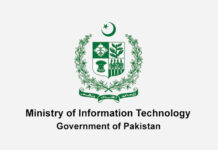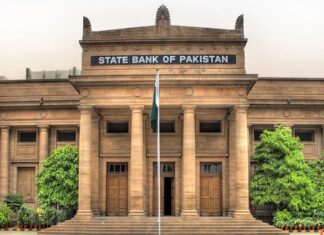Pakistan has reaffirmed its commitment to strengthening regional cooperation and boosting small and medium enterprises (SMEs) as engines of growth and innovation, during the 8th Meeting of the D-8 Governmental Bodies on SMEs.
The meeting, held virtually, was part of the country’s efforts to align its SME policies with global standards and enhance industrial competitiveness.
Special Assistant to the Prime Minister on Industries and Production, Haroon Akhtar Khan, addressed the summit alongside senior officials, underscoring the government’s vision to transform SMEs into “drivers of an inclusive industrial revolution.” Khan emphasized that SMEs contribute nearly 40% of GDP in developing economies, highlighting their significance in job creation, innovation, and poverty reduction.
“SMEs are the backbone of our economy and the foundation for regional economic integration,” Khan said, pointing to Pakistan’s globally recognized sectors, such as textiles, surgical instruments, IT, and sports goods. He also stressed the need for collective efforts to address challenges such as financing constraints, technology gaps, and limited market access.
The D-8 bloc, consisting of Bangladesh, Egypt, Indonesia, Iran, Malaysia, Nigeria, Pakistan, and Turkey, was established in 1997 to promote trade, economic cooperation, and improved living standards. Since launching its SME forum in 2010, D-8 has made significant progress in financing mechanisms, technology transfer, and SME networking. The newly inaugurated D-8 SME Centre in Abuja, Nigeria, was hailed as a hub for digital trade, innovation, and capacity building.
Pakistan’s Industries Secretary, Saif Anjum, and the CEO of the Small and Medium Enterprises Development Authority (SMEDA), Suqrat Aman, also emphasized the importance of the D-8 platform for integrating member states into global value chains. Anjum welcomed the focus on financing, digital transformation, green initiatives, and youth and women’s empowerment as key to achieving the Sustainable Development Goals (SDGs).
The session concluded with all member states presenting their SME strategies and pledging to build stronger ecosystems. The D-8 countries agreed to meet twice a year, with the next meeting scheduled to take place in Nigeria in six months.
























